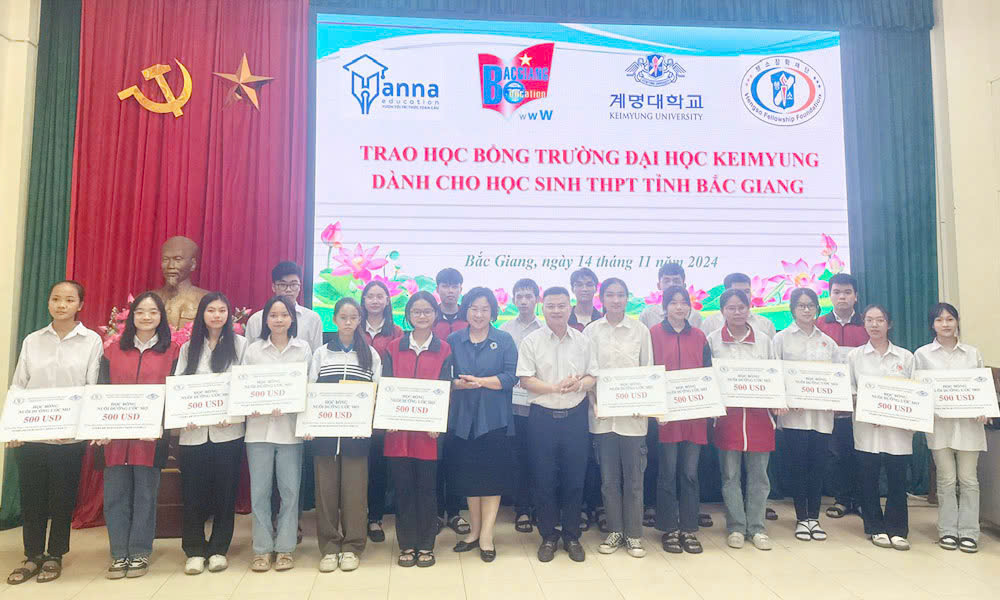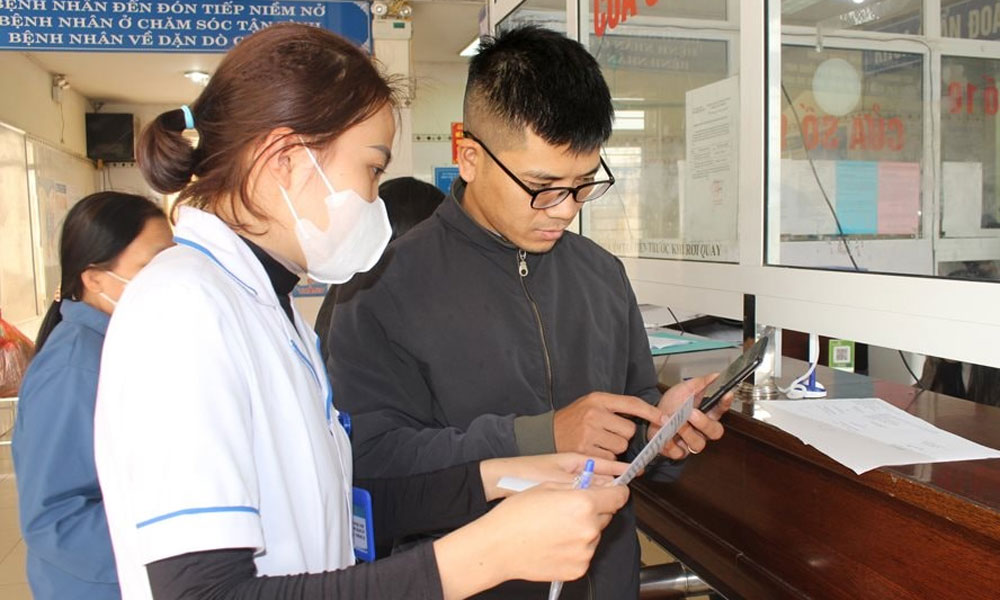Hanoi hospital completes eight organ transplants in 24 hours
The donors, both men, aged 25 and 32, were residents of the northern provinces of Thai Nguyen and Phu Tho.
They had suffered severe traumatic brain injuries and had been in deep comas following traffic accidents.
 |
|
Doctors perform an organ transplant on a patient at Viet Duc Hospital in Hanoi, Jan. 4, 2024. |
After days of intensive care, doctors announced brain death for both of them after three tests for each patient failed to show signs of life.
The families of both consented to donate the deceased’s organs, including two hearts, two livers, four kidneys, two iliac veins, two tracheas, four corneas, and 11 tendon segments.
Approximately 100 doctors at Viet Duc Hospital performed two continuous major surgeries from the night of Jan. 3 to the next morning to retrieve 27 organs and tissues.
Simultaneously, six operating rooms were continuously active for organ transplantation, with surgeons immediately sterilizing instruments and proceeding to the next transplant after completing one.
As a result, two other patients received heart transplants, two got new livers, and four have new kidneys.
Additionally, two corneas and one liver were transferred to the Central Military Hospital 108 while two corneas to the Central Eye Hospital for suitable recipients.
Other tissues and organs are being preserved in the bank for future transplants.
Duong Duc Hung, director of Viet Duc Hospital, said Wednesday that all transplant surgeries were successful, and the patients were in stable condition.
One of the heart transplant recipients was an eight-year-old girl weighing just 18 kg as she suffered from dilated cardiomyopathy, which means her heart chambers were enlarged and had lost their ability to contract. Thus heart failure was ensuing.
If not unique, the girl’s case, combined with the solution, was at least barely-precedented.
In June, she was recommended for a heart transplant.
Her 10-year-old brother, who also suffered from the same condition, had undergone a heart transplant three years earlier, making him the youngest heart transplant patient in Vietnam at that time. He is now in good health.
Dilated cardiomyopathy is a dangerous condition with very low survival expectations. Patients often die from heart failure before the age of 15. The only hope for such cases is a heart transplant, but the opportunity is scarce due to a lack of donors. The girl's condition was discovered during her brother's transplant procedure and has been closely monitored since.
As she received an adult's heart, it posed a challenge for surgeons to fit the adult heart into the chest of a small child.
"We tried to adjust the transplanted heart to be as compatible as possible with the child," doctor Hung said, adding that after seven days, the child was alert with good heart function.
The other heart transplant recipient was a 67-year-old male patient with multiple underlying health issues, including acute myocardial infarction.
He had already undergone stenting but continued to experience heart failure.
After the 6th day post-surgery, he was conscious, with improved heart function.
This was the second time Viet Duc Hospital conducted a large number of organ transplants simultaneously from multiple brain-dead donors.
In September 2020, the hospital set a record by successfully transplanting 23 organs, including three hearts, four livers, and 16 kidneys within two weeks.
This was also the first time the hospital conducted heart transplants for two patients on two consecutive days.
Associate Professor Dong Van He, Director of the National Coordinating Center for Organ Transplantation, said since 2010 until recently, Viet Duc has performed 59 heart transplants, 88 liver transplants, 185 kidney transplants, and many other tissue transplants.
Viet Duc Hospital leads the country in organ and tissue retrieval and transplantation from brain-dead donors. To date, there have been 154 brain-dead donors in Vietnam, with Viet Duc accounting for 70%.
Over the past 30 years, Vietnam has performed over 8,000 transplant cases, of which only 10% involved brain-dead donors.
Source: VnExpress
 Bắc giang
Bắc giang













Reader's comments (0)